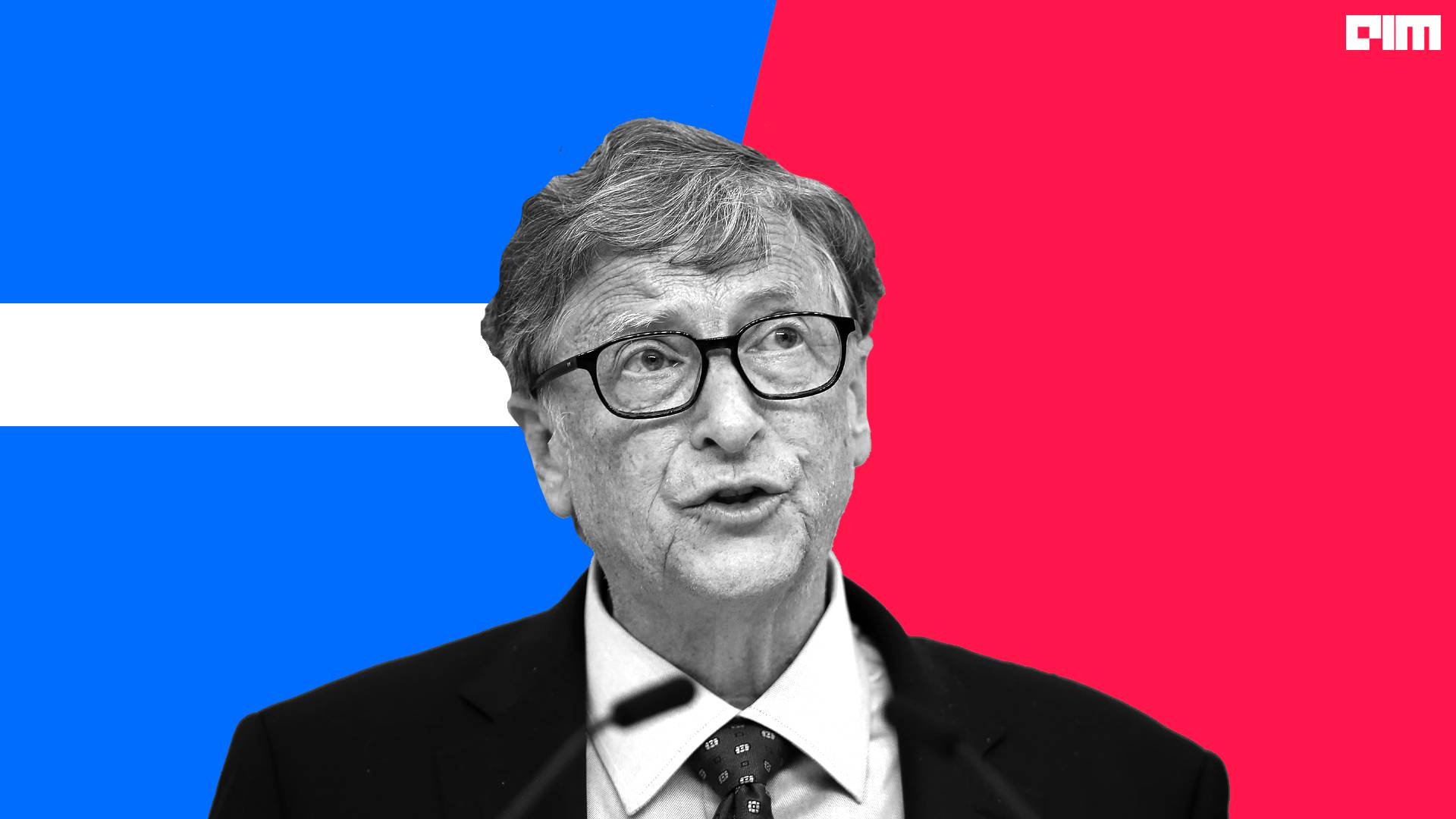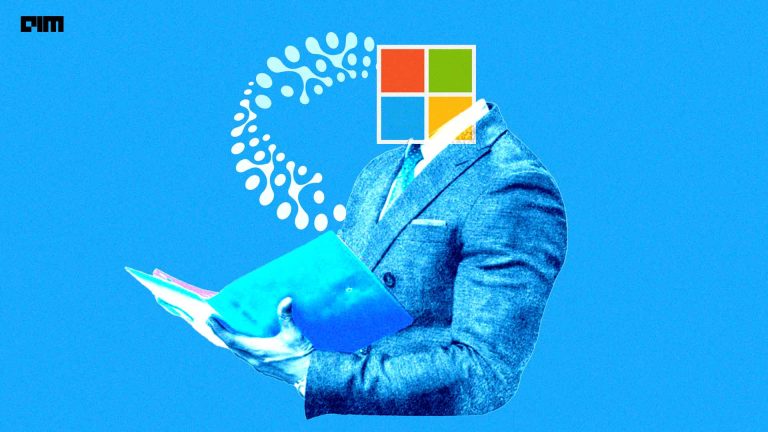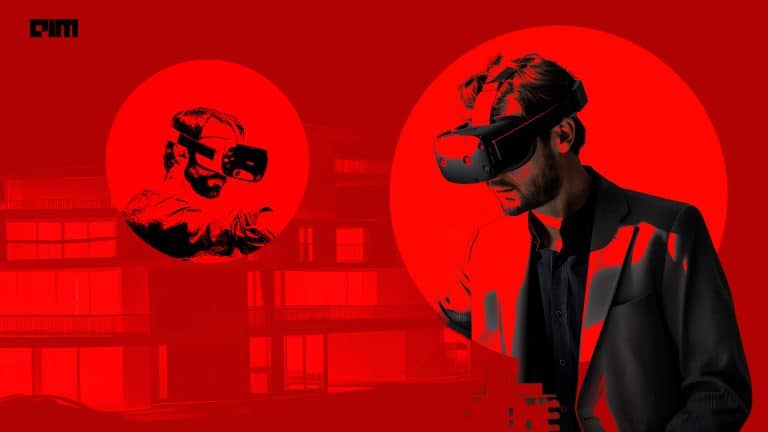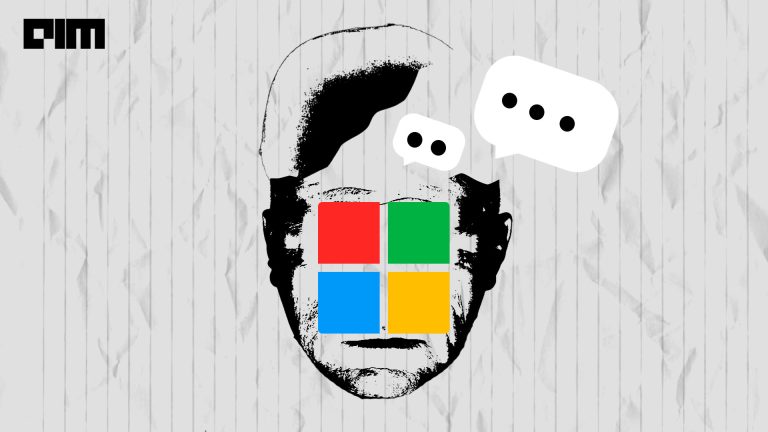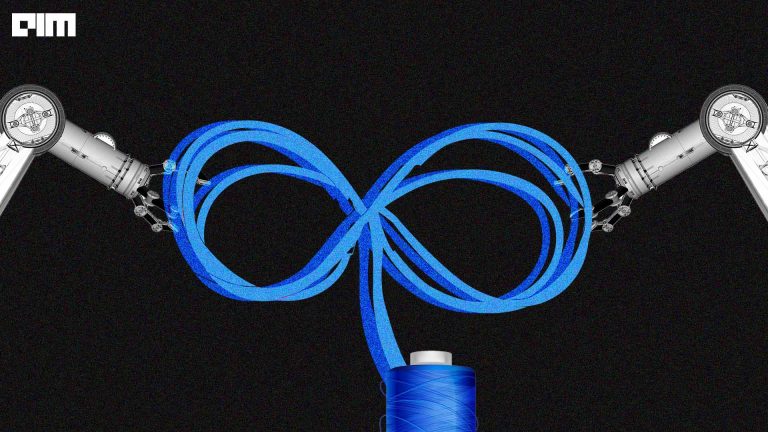Until 2020, we would think that the lives of billionaires were way different from us regular people. The pandemic might have just changed that. Business magnate and Microsoft co-founder Bill Gates took to his blog to write to the world that 2021 was the most challenging and unusual year of his life.
“My social life is a lot more digital than it used to be…My personal world has never felt smaller than it did over the last 12 months,” the philanthropist wrote.
Every year people await the GatesNotes, where Bill Gates sums up his year through blog posts on topics that range from the books that he loved reading that particular year to thought-proving pieces and reviews.
Gates, who has been known for making practical predictions in technology and beyond, has written a post on his year in review and how 2022 will provide ‘Reasons for optimism after a difficult year.’
Analytics India Magazine has listed some of the highlights from his 2021 in review.
- The Microsoft co-founder wrote that he is hopeful that the end of the COVID-19 pandemic is finally in sight. He, however, warns that it might be foolish to make another prediction; he feels that the ‘acute phase’ of the pandemic will be behind us sometime in 2022.
- COVID-19 pandemic saw a huge spike in the frequency and volume of misinformation. Bill Gates acknowledges the issues on his blog and writes that there is a huge room for improvement in finding ways to combat disinformation. He also addressed how he has been a part of disinformation “conspiracy theories“, which have involved people’s willingness to get vaccinated.
- Bill Gates emphasised the monumental leaps we, as humankind, have made in terms of our usage of technology. The business magnate is of the opinion that the way technology has grown and changed in the last two years and how it has been further accelerated would have otherwise taken decades, if not longer, otherwise. In terms of the creation of new innovations, we have only seen the tip of the iceberg that lies ahead of us.
- While digitisation is here to stay, the technologies that we use shall continue to get better over time. Bill Gates believes that we are just the beginning of how the software will further enable innovation, and unveiling its full potential, analysing and understanding the scope of the pandemic’s impact on digitisation will take at least another decade.
- Bill Gates predicts that there will be changes in three major areas:
Future of work
The pandemic has changed the narrative around which companies earlier linked the productivity of employees with their presence at the workplace. Structures that were once considered part of the office culture are slowly losing their importance and presence. He is of the opinion that these changes will further intensify in the years to come as people move to new ways of working.
According to him, the future of work is mostly going to be hybrid. “I don’t see any reason why companies need to make firm decisions right away,” he wrote. Companies should take an A/B testing approach to remote work. Having said that, with remote work, the one thing that has been compromised is spontaneity— water-cooler conversations, non-work conversation breaks, etc. However, technology can solve this problem as well. Teammates can have screens to check what everyone is up to— except when they want privacy and turn off the camera. This is how collaboration tools work today.
Bill Gates then dives into the hottest topic in town— the Metaverse. Over the next two to three years, virtual meetings will shift from the 2D camera image grid format to a 3D space with a digital avatar, powered by the Metaverse that companies like NVIDIA, Meta and Microsoft are working on. The whole idea is that going ahead, people will meet virtually in a virtual world with the help of avatars, that would give them the feeling of meeting in person.
Additionally, the need for gadgets such as the VR goggles and motion capture gloves would rise, capturing the exact expressions, body movements and voice quality.
Bill Gates reveals that Microsoft is already planning to start working on an interim vision from next year that would use user’s webcams to animate an avatar that is used in the present 2D setup.
Talking about companies working on 3D avatars, Bill Gates mentioned that from the opportunities that he got to test the prototypes that some of the companies are working on, he was impressed with how companies are now using spatial audio where the sound feels like it is actually coming from the direction of the person who is talking. While this will still take some time, tech companies are working towards providing experiences that will replicate real-world.
Digitisation in education
Although schools will go back to in-person teaching, there will be a rise in the use of digital tools to enhance students’ learning process. The challenges associated with the gap in access to quality education has been decreasing from the start of the pandemic and is expected to further narrow down. The curriculum and content will become more personalised and interactive, allowing students to focus on their respective challenging areas.
Digitisation in healthcare
While telemedicine has been omnipresent, its usage and importance has only increased since the beginning of the pandemic. Technologies facilitating telemedicine are predicted to further improve in the coming years.
“Even after this pandemic ends, it is clear that much of the digitisation it brought on is here to stay,” Bill Gates wrote.


